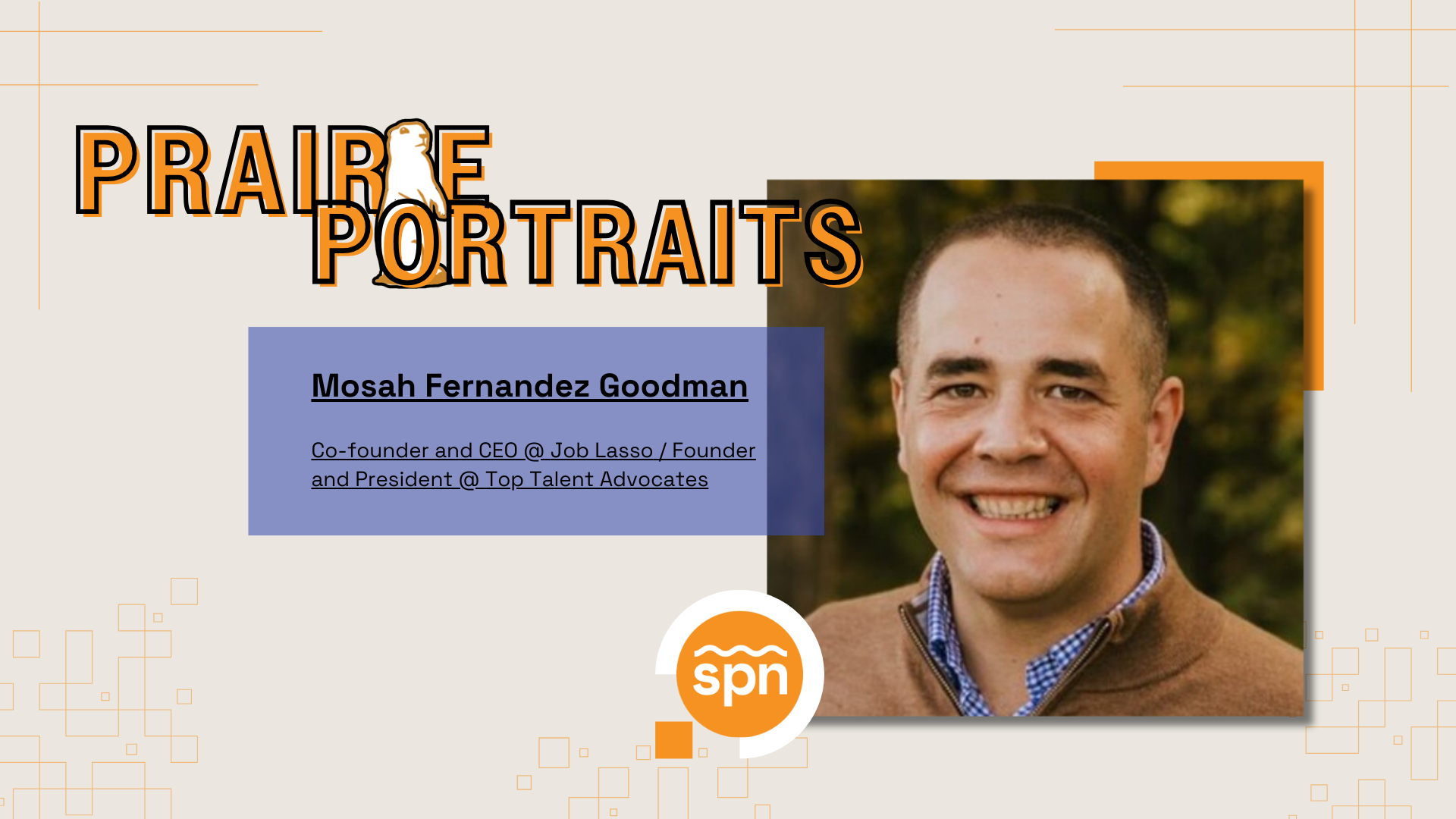Google’s 2018 first-quarter earnings are out, and although the cost-per-click is down, earnings are up. The tech giant reported earning $31.16 billion from January through March.
The global digital advertising industry as a whole is estimated to be worth somewhere in the range of $260 billion.
That’s a lot of money and a lot of advertisements. It’s also a lot of data.
When last month’s scandal over Facebook and Cambridge Analytica’s use of personal data hit, it opened up a new level of dialogue surrounding users’ online data, who’s collecting it, and what it’s being used for.
One person who understands the conversation about data better than most people is Amos Angelovici a serial entrepreneur and CEO of Columbia, Missouri-based AdSwapper.
AdSwapper is an adtech startup that empowers users to gain control over their data and claim their share of the mobile advertising industry by paying them for the ads they see in apps and on websites.
“In previous startups I worked with, we use to monetize using ads,” said Angelovici. “I came to realize that advertisers and brands are gathering a lot of information about users, about us, without giving us any control over what we do or how much information we’re giving.”
Angelovici began seeing the use of ad blockers to disrupt the transferring of advertisements and data.
“I saw that a lot of people felt that they were being taken advantage of, their information was being taken, their privacy being invaded, and they didn’t want that,” said Angelovici. “I thought maybe there was a better way to [solve that than with an ad blocker]. Maybe we could give users control over what information was being given to advertisers, and in return, have advertisers compensate users for this data.”
In 2016, that inspiration turned into AdSwapper.
AdSwapper works by running transparently on a user’s phone, allowing them to control which data is exposed to advertisers and which ads are being shown on their phones in apps and on websites.
The app enables advertisers to directly bid on the users’ ad spaces based on first-party user data, which creates a direct channel between advertisers and users. In exchange, users get paid a share of the ad revenue for every ad that is shown on their mobile phones.
“If you are a singer or an author, you have an agent that represents you and makes sure you receive your fair share and fair compensation for what you do,” said Angelovici. “We see ourselves as the user’s agent. Once the user downloads our solution to their phone, we then represent them.”
Users can state their preferences about what things or subjects they see. For instance, if someone likes coffee or travel, they can choose to receive ads for those things and control which information they see and send.
“We do not see or gather information that is not being sent to advertisers; we don’t see your traffic when you browse or which sites you go to. That’s not our mandate,” said Angelovici. “But every time you’re sending data to advertisers, that’s where we come in. We look at that data, and we make sure if the ad is being sent to you, you’ll get a share of that ad fee.”
Users can check the AdSwapper dashboard to see how many points they’ve earned from their ads and can cash out once they reach 500 points, worth $5.
“We live in the age of information, and that means that our information is worth a lot of money,” said Angelovici. “Both Facebook and Google are making a lot of profit from our information. It stands to reason that we as users, since it’s our information, should have some control over what is being done with it or what information is being given.”
––
Christine McGuigan is the Managing Editor of Silicon Prairie News.





